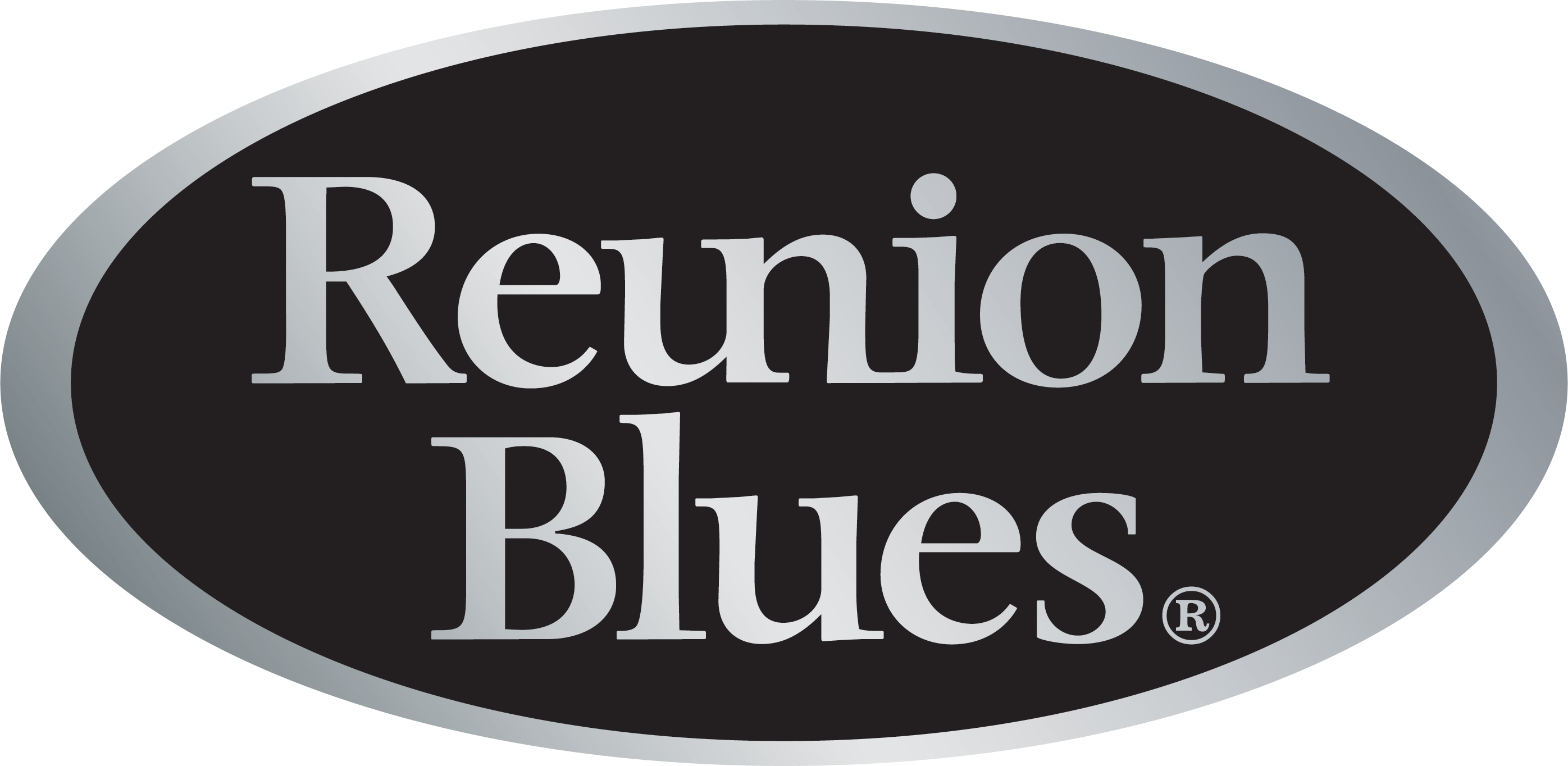Dos & Don'ts of Instrument Care
Many new musicians need to learn how to play their instrument and focus solely on that. But what about taking care of an instrument? We're here to give you lots of useful tips, right here, right now! Let us begin:
-
Wash Your Hands Before Playing: This is a very basic rule, but a must-do. Before playing any instrument, it is highly recommended that you wash your hands to avoid the transfer of sweat residue. This is especially true of instruments made of wood as they tend to more easily absorb the natural oil from your hands.
-
Avoid Overtight Tuning: It is okay to adjust your tuning once in a while, but doing so too often can damage the instrument as you are changing the applied tension. Always tune carefully and avoid going beyond the standard tuning (unless your instrument is design to withstand it).
-
Never Use Alcohol: When cleaning your instruments (metal or wood), never use alcohol as it will corrode the material and damage it over time.
-
Clean After Playing: Always use a soft cloth (dry or slightly dampened with oil or clean water) to clean your instrument after playing. Wind instruments tend to accumulate the grease from your fingertips, causing the surface to become slippery. If wood instruments start accumulating dirt and grime, it will lead to a damp, muddy sound over time.
-
What To Do If Instrument Is Dirty: If your instrument is dirty or has not been used for a while, it is a good idea to take it to a professional who specializes in the cleaning and maintenance of your specific type of instrument. A professional cleaner will have all of the materials, oils and liquids and specific knowledge on how to restore your instrument to its prime condition. Some professionals can detect and potentially repair any problems (which is especially relevant for instruments that have not been used in at least a year).
-
Don’t Submerge Instrument In Water: Some tutorials on instrumental maintenance suggest submerging parts (or a whole small instrument) under water or warm water. Never do this as it can ruin or damage the instrument exponentially, expanding wood and accelerating the process of rust formation on metal instruments.
• Generic Substance Use: It is not hard to find online sources (and some so called pro tips and booklets) that suggest cleaning your instrument with generic materials, such as kitchen oils, linseed oils, kitchen cloths, generic pliers, etc. If you are going to take on the job of fixing, repairing or cleaning any part of your instrument, ensure that you are using items designed and retailed for this sole purpose. It is a very common mistake to think that household counterparts are fine, but they are not. For example, oils for wood maintenance (guitars, basses, etc.) will always contain a specific level of controlled acids and chemicals to avoid cracking and expanding the wood. Research which materials are best suited for your instrument.
Guest Post by Allie Mazon
